Is your refrigerator driving up your electricity bills? Controlling energy usage might seem tricky, but don’t worry. In this article, you’ll discover five simple tips to help conserve energy and reduce those high electricity bills caused by your refrigerator use. Let’s delve into these tips and start managing energy consumption more efficiently!
Seal Those Leaks
Do you ever have trouble getting your fridge door to shut? Although it might seem to be an insignificant issue, those worn-out rubber gaskets around the door can cause wastage of energy. Whenever the seal breaks, the cold air escapes and the warm air sneaks in, making the refrigerator work harder.
Regularly checking the gaskets and replacing them as soon as you notice any signs of wear not only conserves energy but also reduces the likelihood of needing refrigerator repair in the future.
Keep it Well-Organized
Ever wondered if the way you arrange items in your refrigerator can influence its energy efficiency? A well-arranged refrigerator makes it easier to reach out for food and helps to ensure proper air flow. When the airflow is unobstructed, your fridge doesn’t have to work harder than necessary, saving energy.
Therefore, get rid of the junk, and allow some air to circulate into the fridge. A small change as such can result in big energy savings and a well organized kitchen!
Optimal Temperature Settings
What difference can setting your refrigerator and freezer temperatures right? Did you know that ensuring that your fridge is at around 37°F (3°C) and your freezer at 0°F (-18°C) not only keeps your food fresh but also saves on energy consumption? It’s a win-win situation. A simple fridge thermometer can enable you to stay within the energy-efficient range thereby saving energy and money in the long run.
Regularly Clean the Coils
Now, let’s talk about the coils at the back of the fridge. They are very essential in releasing heat. As these coils are exposed to dust and dirt, they tend to accumulate on them over time, which affects their efficiency. For instance, by cleaning your refrigerator twice a year with a vacuum cleaner or a brush.
Make sure to allow the appliance to cool down effectively without straining which means energy saving and longer lifespan for the fridge.
Use Containers and Lids
Storing food in airtight containers and covering liquids with lids not only keeps your fridge organized but also helps in retaining moisture and preventing the compressor from overworking. When food retains its moisture, your fridge doesn’t have to work as hard to keep everything cool, saving energy in the process.
Utilize Energy-Saving Features
Today’s refrigerators have many innovative features for energy conservation. One such characteristic is the energy saver button and that reduces the frequency of the defrost cycle to save energy without losing on performance.
Secondly, think of choosing a refrigerator that boasts energy. These appliances comply with strict energy efficiency standards and you will get the best of performance and low electricity bills.
Defrost Your Freezer Regularly
Ice buildup inside your freezer can reduce its efficiency, making it work harder to maintain the desired temperature. Regularly defrosting your freezer ensures optimal performance. If your freezer doesn’t have an automatic defrost feature, plan a manual defrosting session every few months to keep it running efficiently.

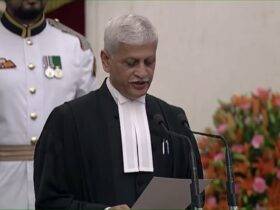


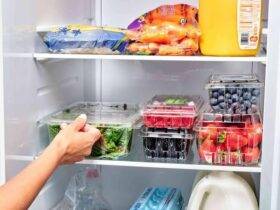

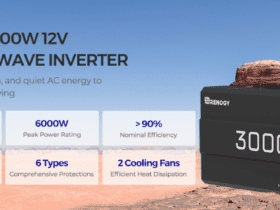
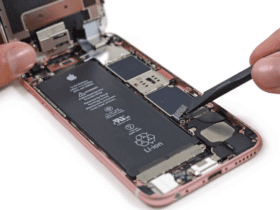








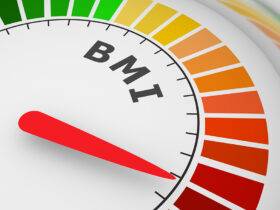
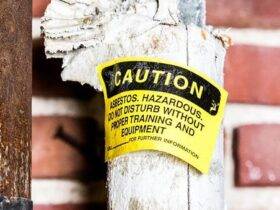






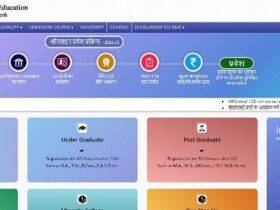

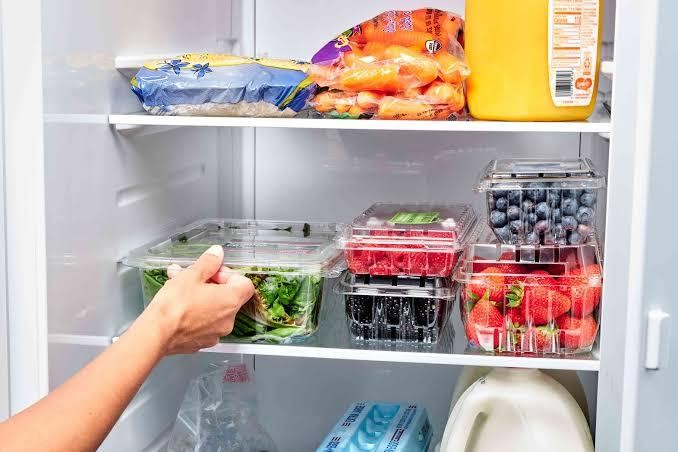



Leave a Reply